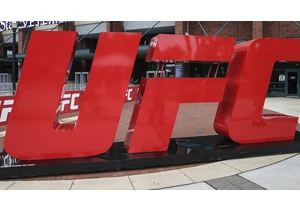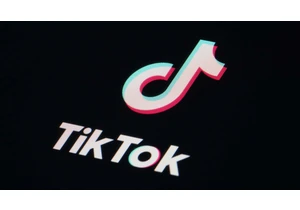The judge overseeing a pivotal antitrust trial focused on whether Google is stifling competition and innovation repeatedly indicated Thursday that he believes it would be difficult for a formidable rival search engine to emerge.
U.S. District Judge Amit Mehta went back and forth with Google’s lead litigator, John Schmidtlein, during the first day of the trial’s closing arguments, questioning whether another company could amass the money and data needed to develop a search engine that could eventually compete against Google.
“It seems to be very, very unlikely, if not impossible, under the current market conditions,” Mehta said. He added that it appeared odd to him that there is a marketplace where Google is making billions of dollars in profit yet nobody “is trying to enter into the market to cut into that profit.”
Google reaped an operating profit of nearly $96 billion last year, mostly by selling digital ads—a market that it also dominates largely because it controls about 90% of the U.S. internet search market.
The judge also questioned how common it is for users to move away from the default search engines pre-installed on their smart devices. The default search option is a key question in the trial. Federal prosecutors allege that Google protects its franchise by shelling out more than $20 billion annually to ensure its search engine automatically answers queries on Apple’s iPhone and web browsers such as Safari and Mozilla’s Firefox.
Lawyers for the Department of Justice contend the money that Google spends on default search contracts — with most of the money going to Apple — now exceeds its annual investments in improving the quality of its results.
At one point the judge pointed to an example mentioned at trial that 80% of desktop users who use Microsoft’s Edge, also use that company’s search engine, Bing, and questioned why that wasn’t evidence of the “stickiness” of defaults because only 20% switched over to Google in the Edge browser.
Google has long argued that the reason it has been so successful is because it has engineered the best technology, negating the need to engage in sinister tactics.
“Google is winning because it’s better,” Schmidtlein said. “Everybody who marched into this courtroom said Google was better.”
Schmidtlein told the judge that Apple was the one that had the option of getting out of the Google default agreements and had studied using other options like Bing as its default but stuck with Google.
“They chose Google,” Schmidtlein said.
Mozilla also tried switching to Yahoo as the default search engine on its Firefox browser before switching back to Google in 2017, largely because of its users’ preferences.
Mehta also questioned the Justice Department over what was unusual about Google’s five-year contracts with Apple, saying that it was natural that a company that has already had a contract would be in a better position to bid again on the same contract because they are more knowledgeable about the company.
“What you’ve just described is true of any contract,” Mehta said.
The judge followed with questions about whether competitors were making enough investments to compete with Google.
“You can talk about competition but the competitor bears some responsibility for competing,” Mehta said.
Lawyers for both the Department of Justice and Google are presenting closing arguments in Washington, D.C., Thursday and Friday to conclude the biggest antitrust case in a quarter century.
After the closing arguments in the Justice Department’s antitrust case against Google wrap up this week, Mehta is expected to issue his ruling in the late summer or early autumn. If he decides Google broke the law, another trial will determine how to rein in its market power.
The case against Google mirrors the one brought against Microsoft in the 1990s in many ways, including the existential threat it poses to a renowned tech giant whose products are relied on by billions of people.
—Rebecca Santana, Associated Press
Login to add comment
Other posts in this group

You can’t talk about the manosphere without mentioning Andrew Tate. The British-American influencer and former professional kickboxer built his platform by promoting misogynistic ideas—claiming wo

UFC is joining up with Facebook’s parent company


As the deadline to strike a deal over TikTok approaches this week, President Donald Trump has signaled that he is confident his administrat


A top employee of billionaire Elon Musk who is now working in the

A trailer for Avatar: Fire and Ash, the third film in James Cameron’s galactically successful series, starts by delivering on the title’s promise. Rivers of lava cascade through the fores
